ANNOUNCEMENT: There are some big changes coming for the newsletter! Keep your eye on your inbox next week. You won't want to miss it 😉.Emilie’s Fundraising Journey
Emilie Faure is the Co-Founder of Juniver, a platform that provides science-based recovery programs for disordered eating, to help people reduce urges and get back to living their lives. Emilie and her team have closed a $1.2m pre-seed round last year, which was arguably one of the most challenging fundraising environments in the past decade.
The problem: disordered eating can take place in many shapes and forms, and it requires proactive care and management to help those who are suffering from it to recover. While therapy can be incredible, it is often a reactive approach that helps people reflect once an episode has come and gone, but doesn’t necessarily equip them with the tools to handle the issues that disordered eating causes, in the heat of the moment.
The solution: Juniver provides people suffering from disordered eating conditions with science-based personalised recovery programs, to help them better understand how their brain works, retrain it, connect with a community of people who understand and ultimately, reduce their urges.
On this episode of The Raise, we speak to Emilie about everything her team has learned about fundraising.
In this episode, we cover:
[01:06] About Emilie and Juniver
[07:01] What was your experience of fundraising in last years climate?
[13:15] How did you balance fundraising with running the business and being there for the team?
[17:30] How have you spun away from speaking about he risk mitigation to focus on the opportunity?
[20:35] What are some core questions founders should be asking investors on calls or info they should gather before hand?
[26:10] How did you decide that you wanted a second call?
[28:31] What information and data should Founders share with Founders in their data room?
[34:45] How do Founders protect the data they have when they've opened a data room?
[40:42] How do Founders protect their time without running the risk of damaging relationships with investors?
[44:50] If you could go back and do it all again, would you do anything differently?
Some takeaways:
For Founders raising 💰
Emilie has created a platform that focusses on an issue that many people are familiar with but don't quite understand. Early on in the investment process, she recognised a need to add more educational information upfront in their pitch deck and being very selective with the people they reached out to in the first place. Make sure you take investor knowledge and exposure into consideration before you start your outreach.
There are key questions that Founders should be asking investors to save time and energy. Are they deploying capital now or still raising? What is their cheque size? What spaces are they most interested in? Emilie had to ask a lot of these questions upfront as many funds weren't deploying when they were fundraising.
There's a lot of information beyond a financial model that should be included on your data room. Emilie recommends including any recurring FAQs, research your team has conducted, product tours or demo versions of the platform investors can download, your pitch deck and any supporting information about your team.
For aspiring founders 🤩
If you’re a female founder, bear in mind that you may be asked more questions that require you to defend your idea, the market and ultimately shed light on the risks vs the opportunity. It’s important that you learn how to pivot the conversation to focus on the excitement and possibilities within your industry.
Listen now on Apple, Spotify, Overcast, and YouTube.
Where to find Emilie Faure:
Where to find Jade Buffong:
• LinkedIn | Newsletter
Lightning Round Questions
What books should founders be reading?
Radical Candour by Kim Scott; Fair Play by Eve Rodsky if they’re married and have kids
How should Founders tackle investor questions that are about mitigating risk?
Answer and pivot to the bigger picture and the scale of the opportunity
What up and coming founders should we keep an eye on?
I’m excited about what’s happening in women’s health, and what founders like Priyanka Jain (Evvy), Kaitlin Christine (Gabbi), Jessica Bell van der Wal (Frame Fertility), Rachel Blank (Allara) are building.


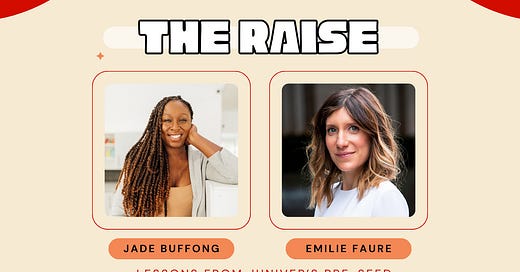
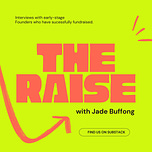

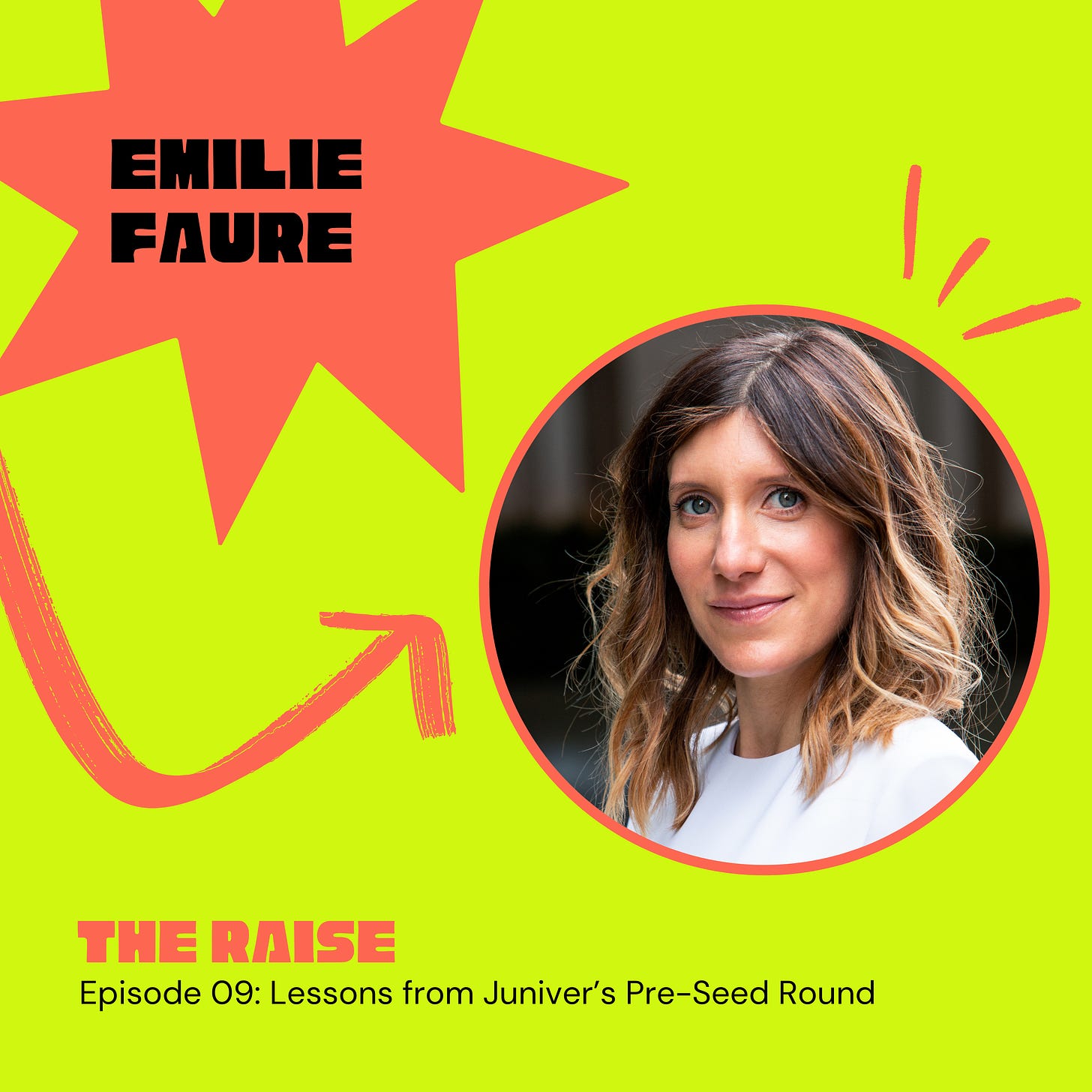

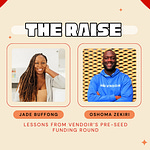
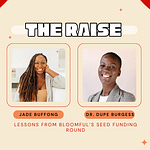
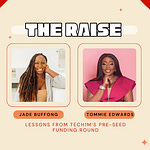
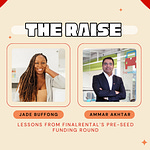
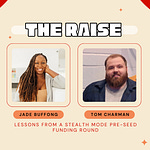
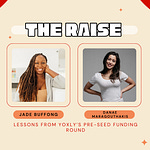
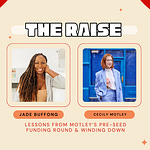
Share this post